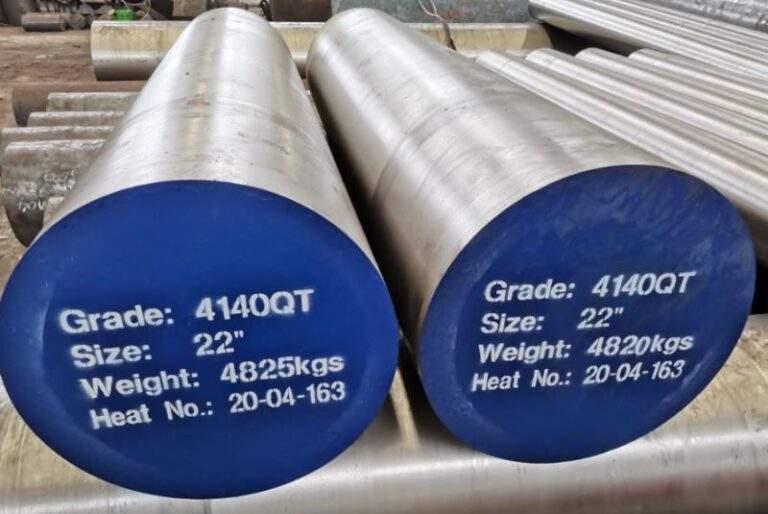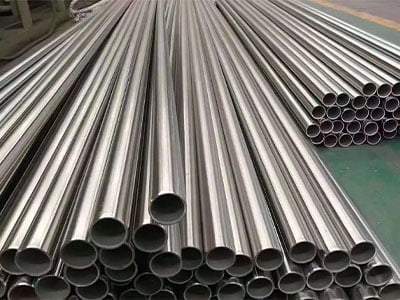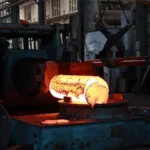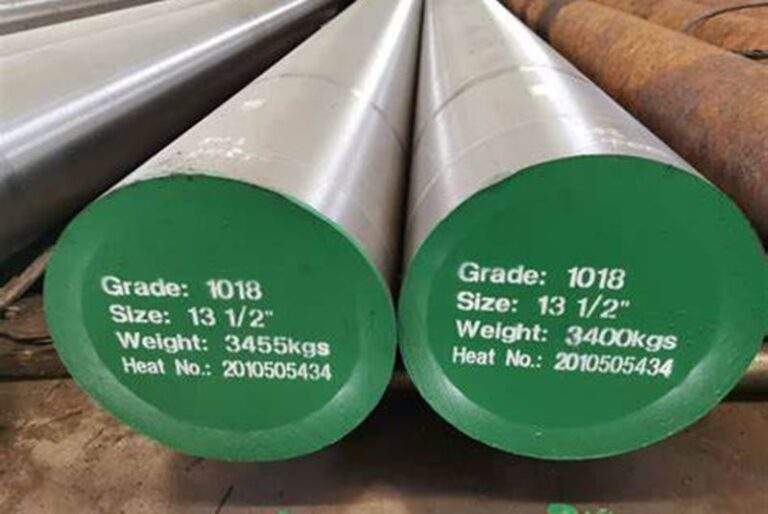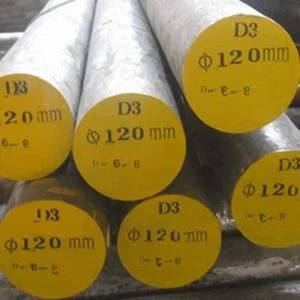How Annealed Steel Revolutionizes Metal Durability
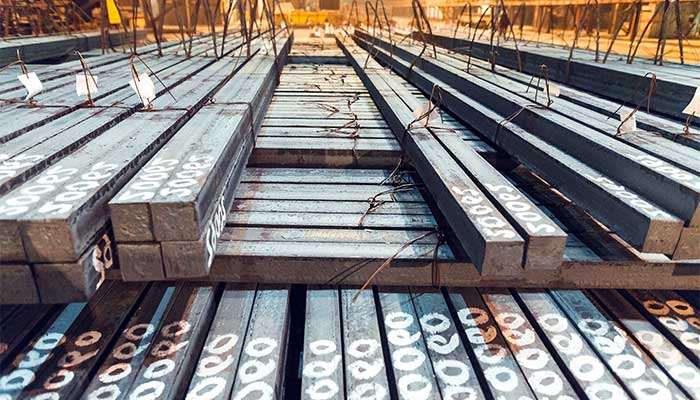
In the realm of metallurgy, the concept of durability stands as a cornerstone for innovation and progress. Among the myriad materials available, annealed steel emerges as a pivotal player, transforming the landscape of metal durability. This article delves into the profound impact of annealed steel, exploring its properties, applications, and the revolutionary advancements it brings to various industries.


